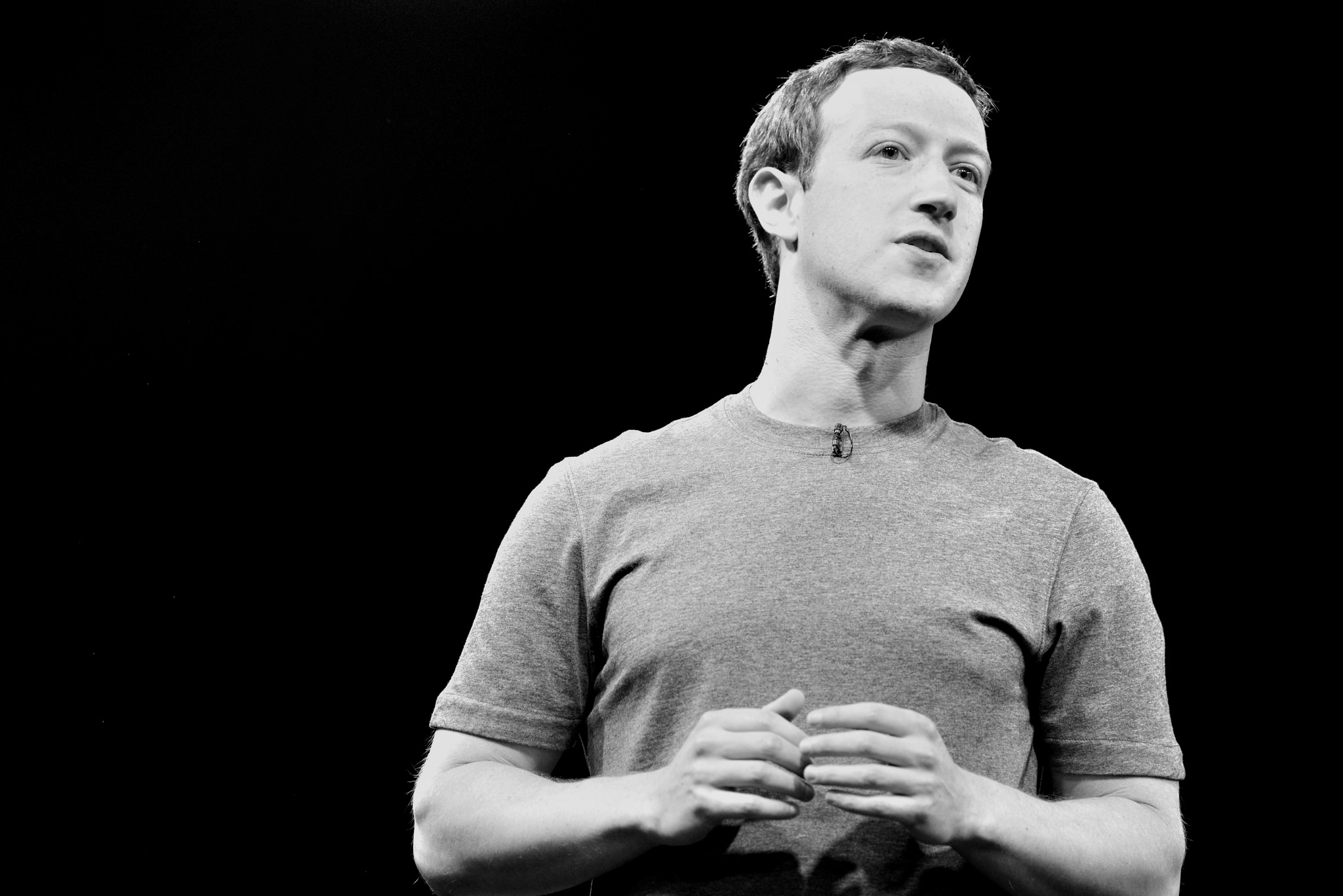Can Mark Zuckerberg Control Facebook?

Your everyday platform might be changing right before your eyes. On Friday, January 12, CEO Mark Zuckerberg announced that Facebook will be focusing on content surrounding friends and family instead of publishers and brands. For users, this means fewer videos and articles shared by news companies, and more about what your friends had for breakfast this morning.
Zuckerburg felt pressure to bring Facebook back to its original mission: connecting people. In an interview with The New York Times, Zuckerberg explains, "We want to make sure that our products are not just fun, but are good for people." While Facebook aims to reconstruct their system, many wonder if the content will actually be filtered. "If a relative or a friend posts a link with an inaccurate news article that is widely commented on, that post will be prominently displayed," said Times writer Mike Isaac. This may not solve the fake news problem, which is what led to the government's intervention with Facebook.
On Tuesday, October 31, representatives from Facebook, Twitter, and Google sat in a crowded room across from the U.S. Senate. The government exerted mass pressure on the tech giants to reveal information about Russian efforts to influence the 2016 election. According to the Washington Post, Sen. John Kennedy questioned Facebook's General Counsel Colin Stretch: "You do not have the ability to know about every one of those advertisers, do you?" Sen. Lindsey Graham referred to the meddling on the platforms as "the national security challenge of the 21st century." As testimonies proceeded, the Russian impact was revealed.
According to Washington, 126 million Facebook users were exposed to content produced and circulated by Russian operatives. Twitter reported 2,752 accounts controlled by Russians, and more than 36,000 Russian bots tweeted 1.4 million times during the election. For the first time, Google admitted for that they had found 1,108 videos with 43 hours of content related to the Russian effort on YouTube. The corporation also found $4,700 worth of Russian search and display ads.

Image Credit: Flickr / Gauthier Delecroix
Following Donald Trump's victory, Zuckerberg dismissed Facebook's interference with the election, calling it a "pretty crazy idea." Since the congressional hearing, the big tech companies have changed content policies for their platforms in order to have more control of the content being spread. However, as these tech giants try to reassure the public and put this matter to sleep, it only fuels the discussion for the amount of fake news existing on their platforms. Many people question if the companies themselves are responsible for monitoring the validity of news. With research stating that "two-thirds (67%) of Americans report that they get at least some of their news on social media," Facebook must keep up with changing technology.
Facebook is concerned with keeping data hidden. "Data is what Facebook relies on. That is where they make their money and will guard it as closely as possible, says AUP professor and freelance journalist Marc Feustel. There's an imbalance: while Facebook wants to address issues of fake news on their site, they don't want to change their revenue model or give up valuable user data. Facebook's platform was not designed to house news, yet a significant amount of users get their news while scrolling through their Facebook's feed. Can Facebook really be blamed? "I don't think that a world in which we rely on Facebook to solve the fake news problem is one where we are to solve or address the fake news problem," said Feustel.

Image Credit: Flickr / Travis Wise
Facebook seems to be making an effort to have some control over their platform, judging by their new goals for 2018. Zuckerberg explained that "just because a tool can be for good and bad, that doesn't make the tool bad - it just means you need to understand what the negative is so that you can mitigate it." The new changes will be put in place to stop people from taking advantage of the system and burying news or spreading fake news. Facebook wants to give users a better experience and maintain a good relationship with a rather unhappy congress.





